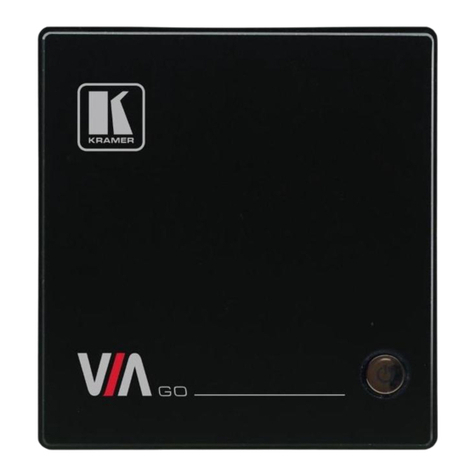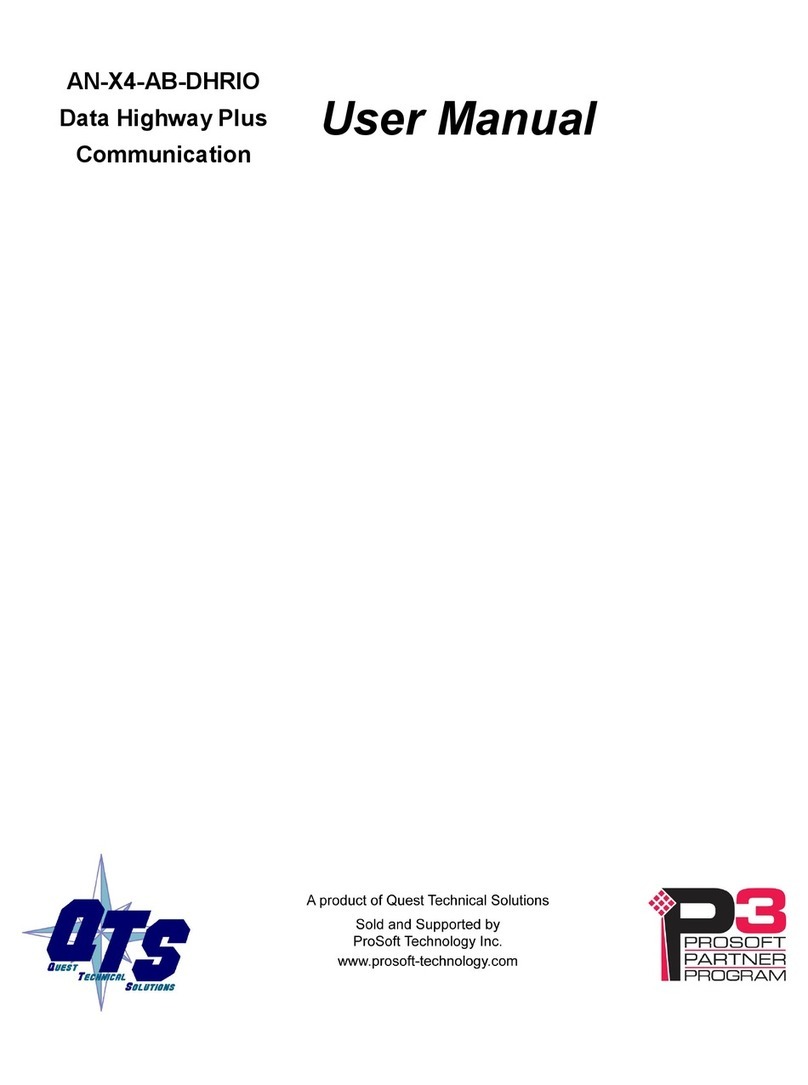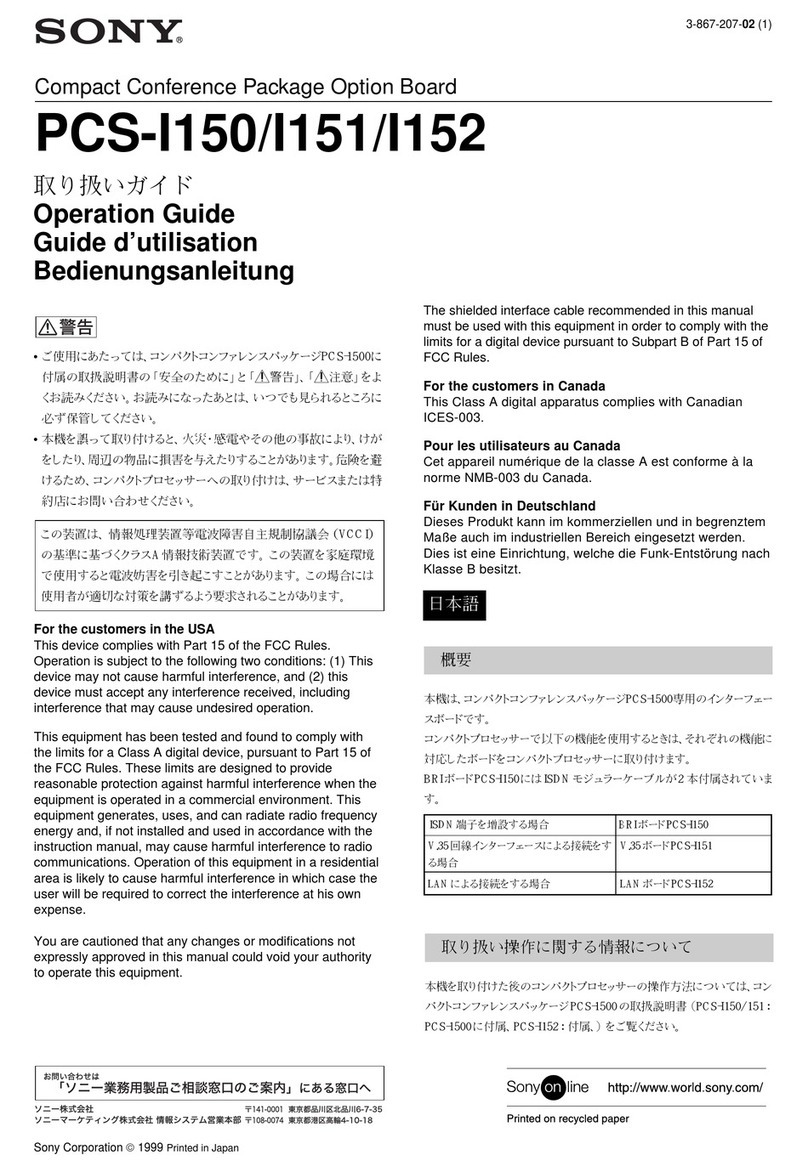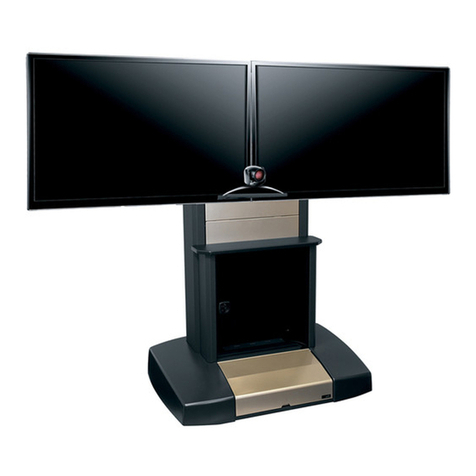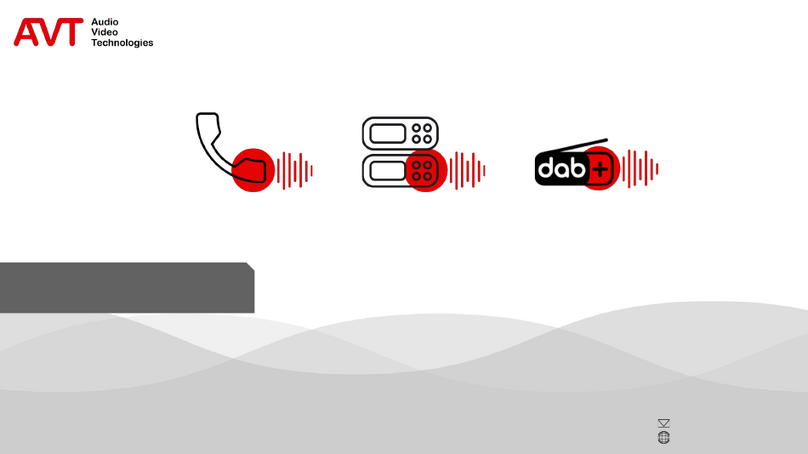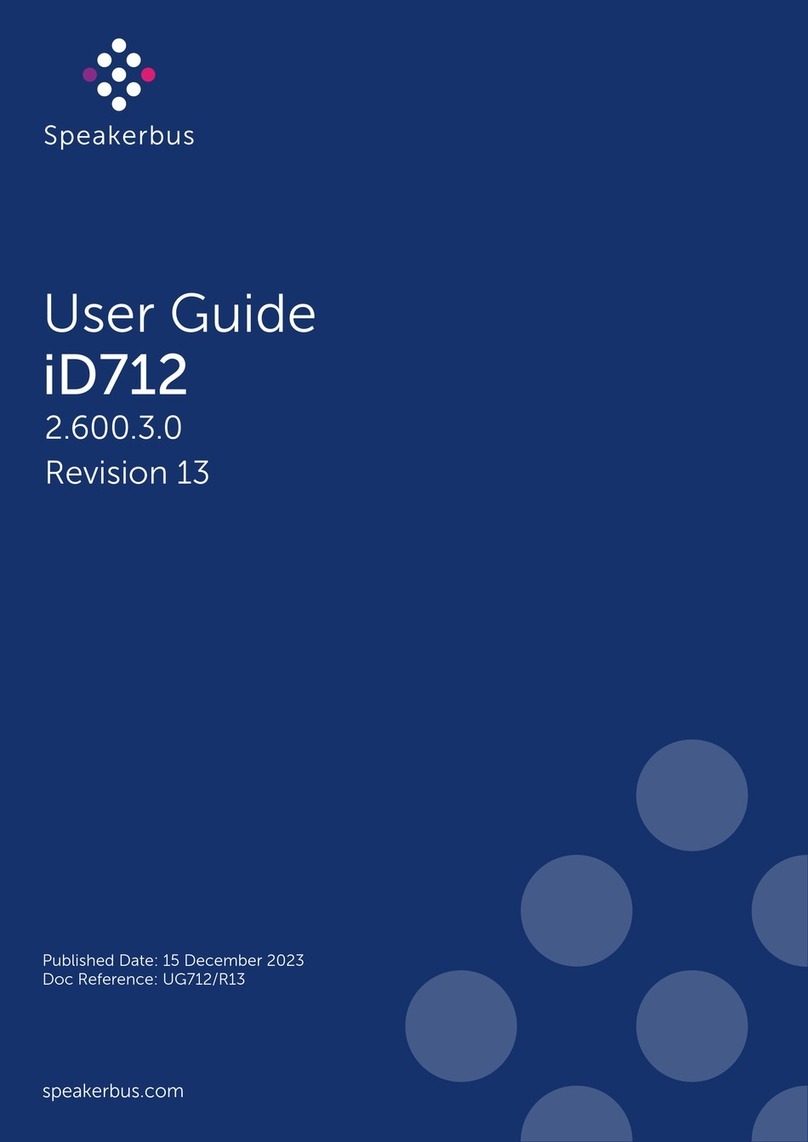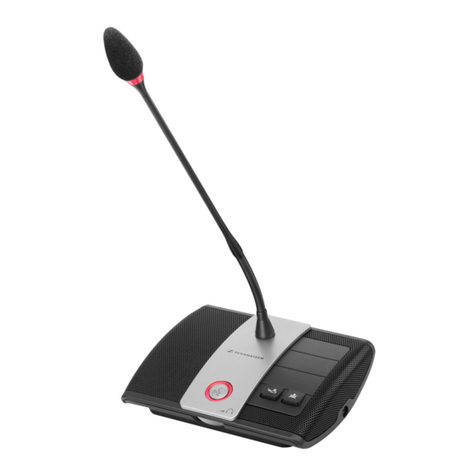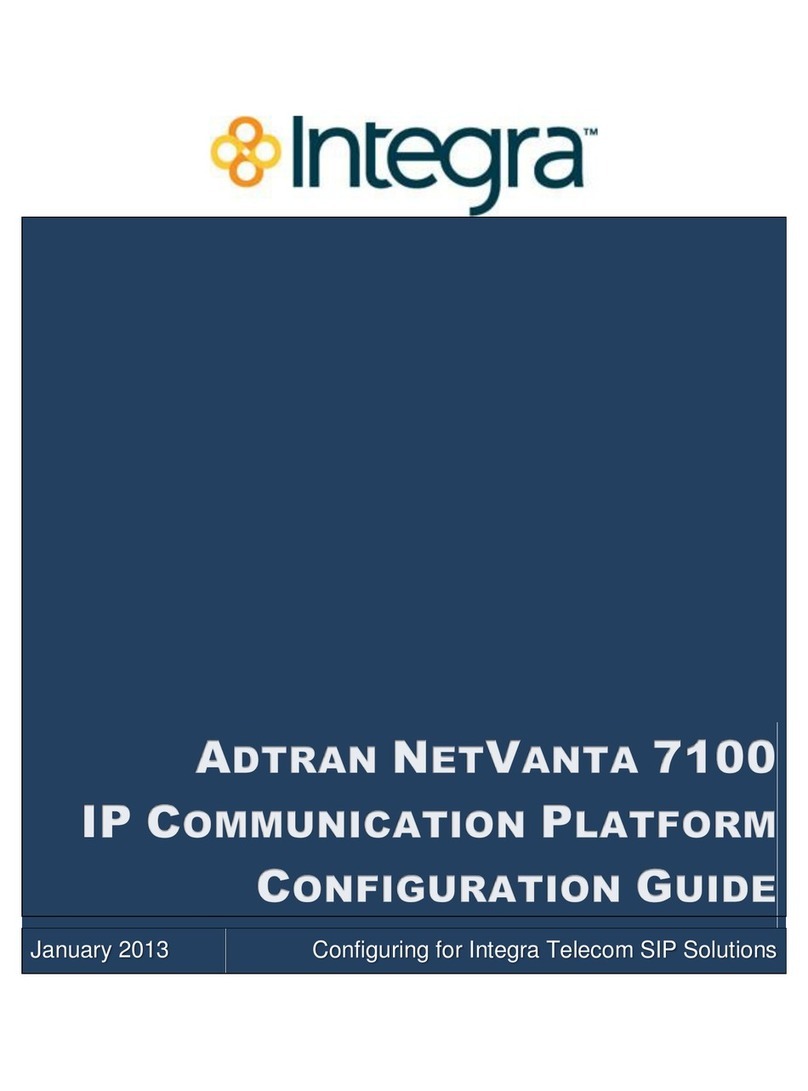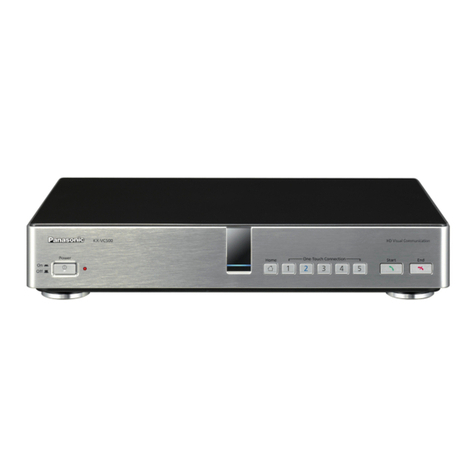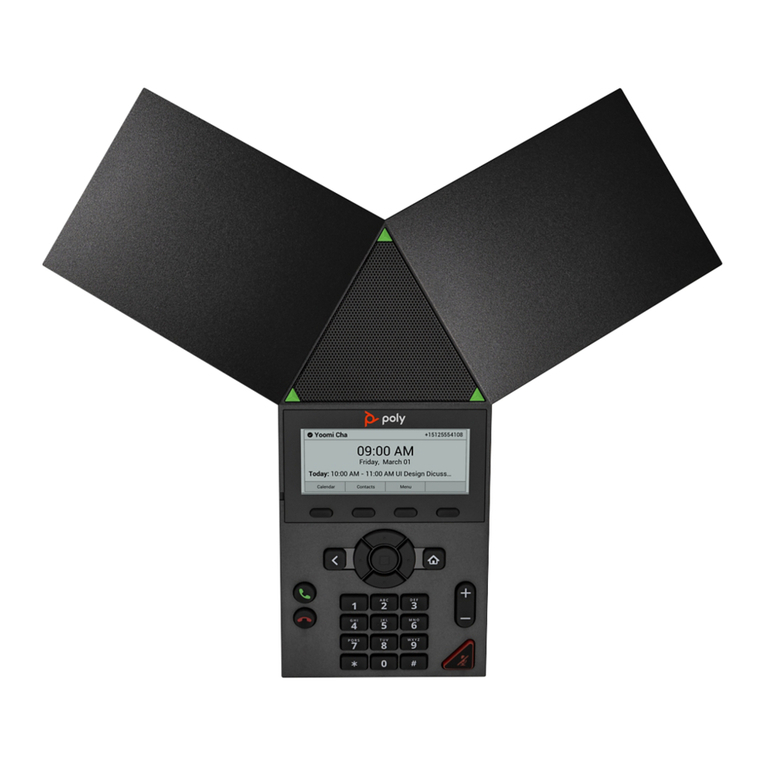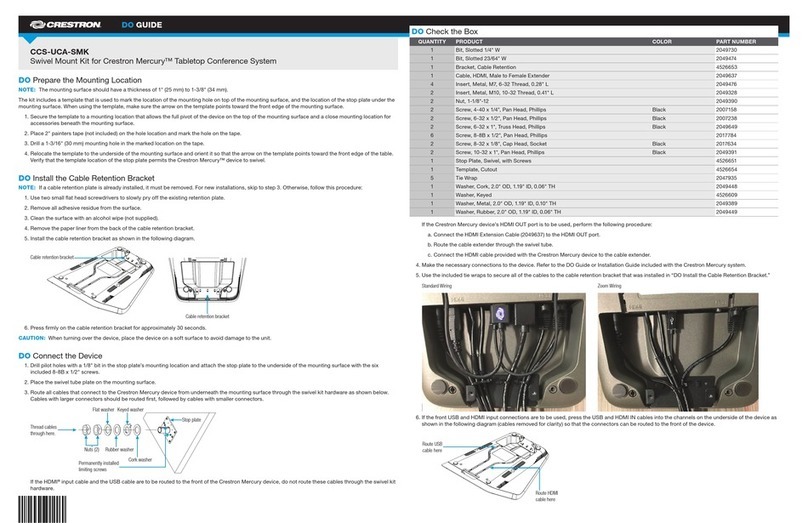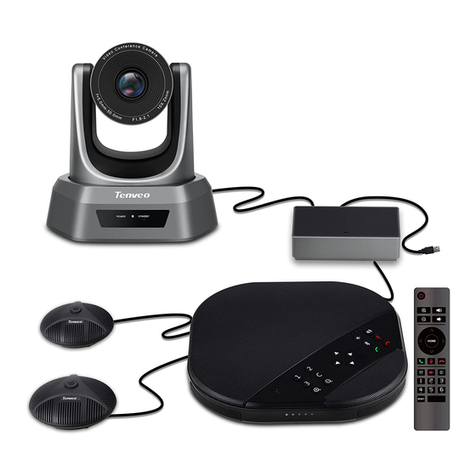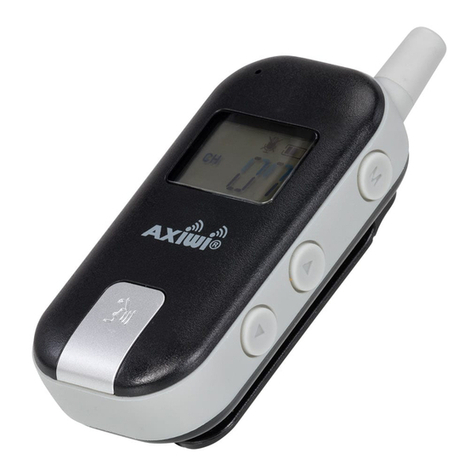
Pub. 42004-460B
Model 400-003 & 400-004 IEC/ATEX Zone 1 RigCom Stations Page 9 of 16
f:\standard ioms - current release\42004 instr. manuals\42004-460b.doc
03/14
Field Installation Interface
TB1 - Speaker Terminal Block
The following is a list of connections for the speaker output terminal block, TB1:
Name Pin No. Description
16 1 16-ohm terminal for speaker connection.
8 2 8-ohm terminal for speaker connection.
COM 3 Common terminal for speaker connection.
TB2 - AC Voltage Terminal Block
The following is a list of connections for the ac voltage terminal block, TB2:
Name Pin No. Description
AC Power H 1 Live/hot terminal of the external ac power supply. No connection when
external ac power supply is not used.
AC Power N 3 Neutral terminal of the external ac power supply. No connection when
external ac power supply is not used.
AC Power GND Ground/earth terminal for the ac power must be electrically connected to
the chassis.
TB3 - DC Voltage Terminal Block
The following is a list of connections for the dc voltage terminal block, TB3:
Name Pin No. Description
DC Power Input+ 2 Positive terminal of the external dc power supply. No connection when
external dc power supply is not used.
DC Power Input−1 Negative terminal of the external dc power supply. No connection when
external dc power supply is not used.
NOTES:
1. Either 120 V ac power or 12 V dc may be connected to the Model 400-003
RigCom. Under no circumstances should ac and dc power be connected to
the 400-003 station.
2. Either 230 V ac power or 12 V dc may be connected to the Model 400-004
RigCom. Under no circumstances should ac and dc power be connected to
the 400-004 station.
